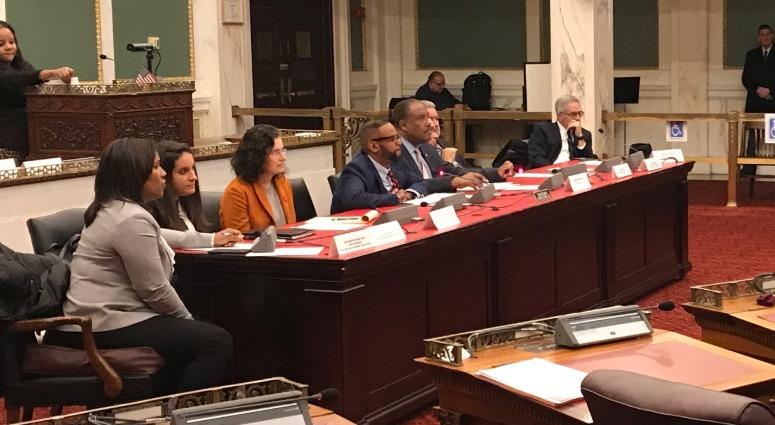[vc_row][vc_column][vc_column_text]In coordination with the Defender Association and the Philadelphia Courts, the Shift Fund paid outstanding court fees ranging from $10 to $150 for Philadelphia-area individuals enrolled in the Accelerated Misdemeanor Program (AMP1), allowing them to complete the program and have their arrest records expunged.
In many cases, a closed case and expunged record allows people to get back to meaningful parts of their lives:
- B is a 23 year-old trying to go back to school to further his education. He completed 18 hours of community service but because he was unable to pay his fines in full, his open case kept him from applying for financial aid for college. B is now in the process of applying for college and pursuing a career.
- G is a 65 year-old living on a fixed income. She completed 18 hours of community service on time, and she’s come to court every six weeks for the next year making payments of $5 or $10 each time. Medical issues made it difficult for her to travel back and forth to court. Now that her court fees have been paid, she no longer needs to make the trip.
- S is a 34 year-old mother of two. She completed her required 12 hours of community service but was having difficulty paying the court costs. The open case and upcoming court dates kept her from moving back to New York, closer to her family and the assistance they could provide with childcare.
AMP1 allows some first-time, non-violent offenders to complete community service hours and pay fines rather than face a criminal conviction. AMP1 participants who complete their community service hours and pay a portion of their court costs are free from having to return to court, but only defendants who pay 100% of their court costs can file for expungement and erase their criminal records.[/vc_column_text][/vc_column][/vc_row]












